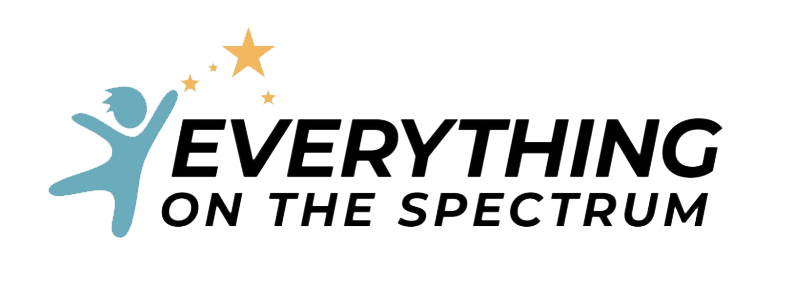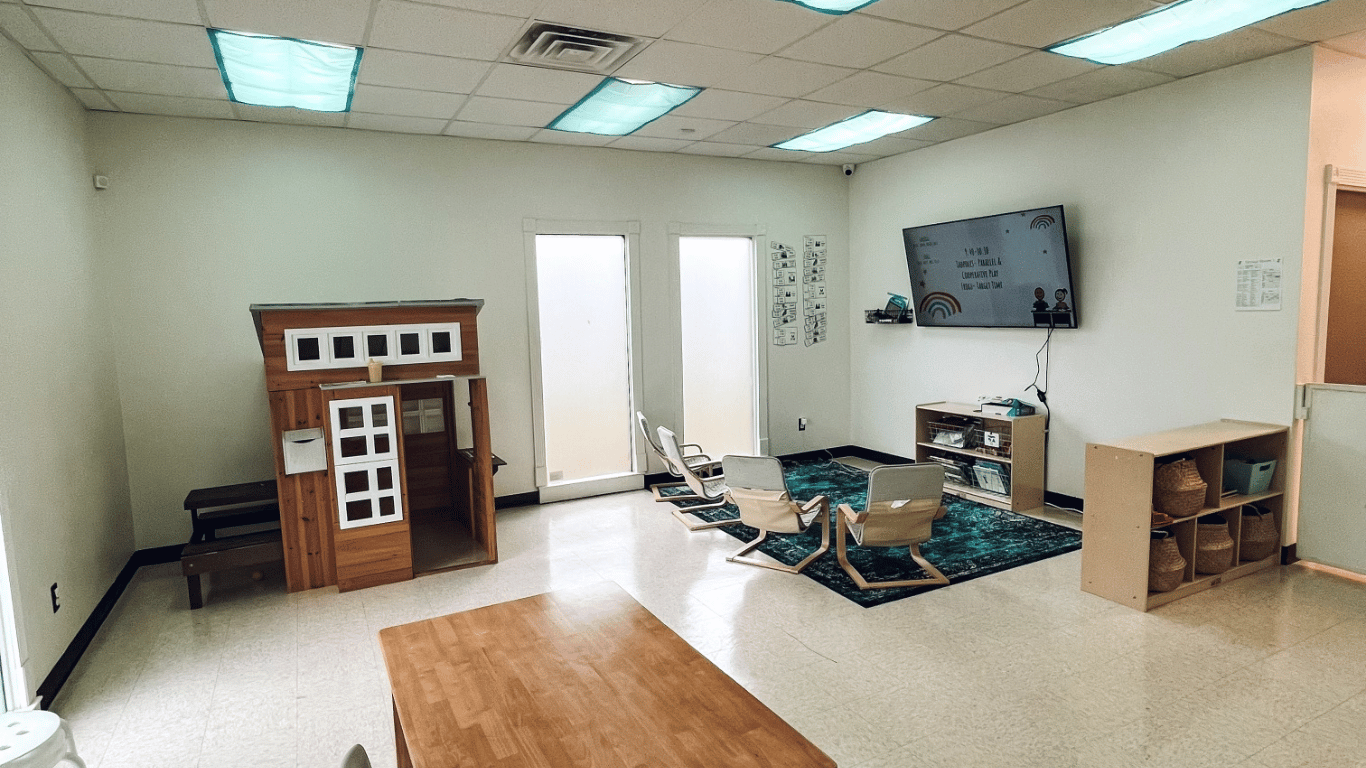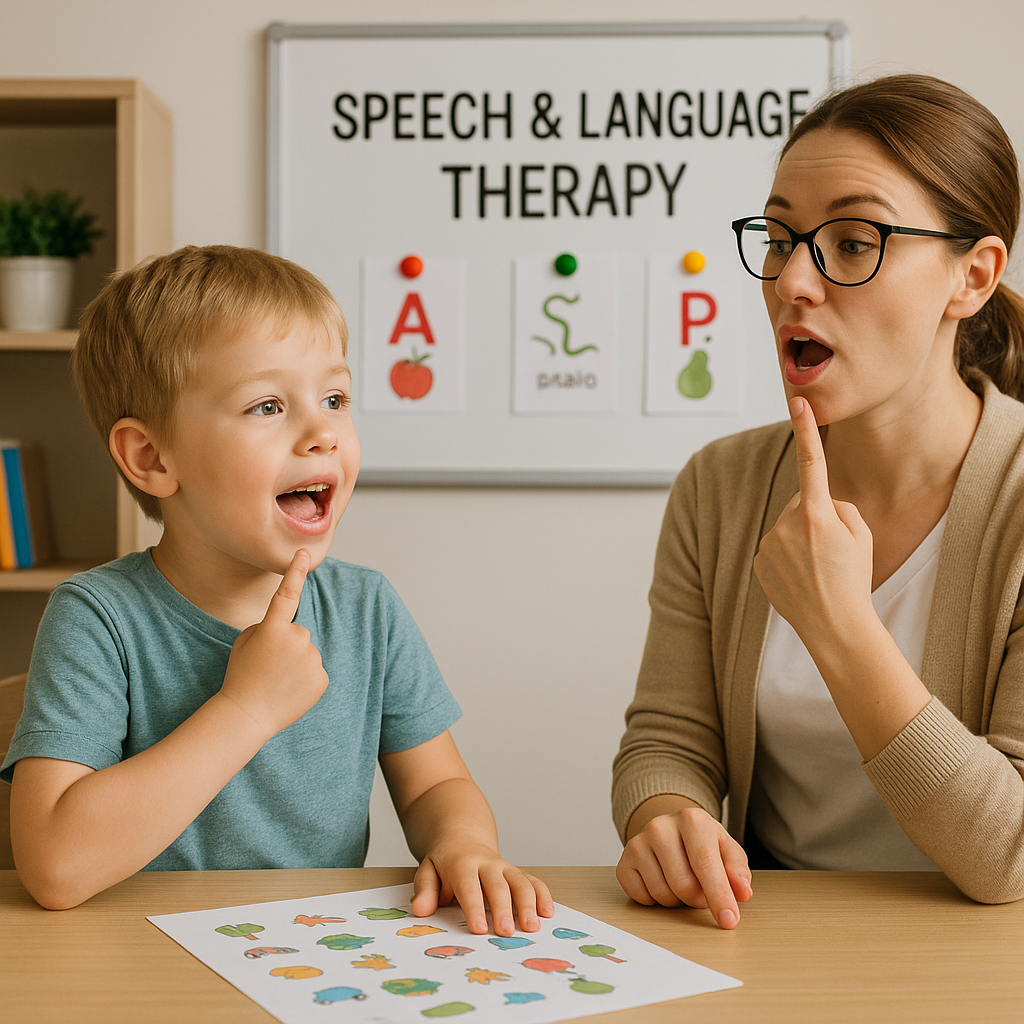Everything On The
Spectrum
Skill Development | Communication | Independence

ABA Therapy
Navigating special needs and behavior challenges often leaves parents feeling like they have nowhere to turn. When you are ready for support and specialists to lean on, you can trust Everything On The Spectrum (EOTS) to be the help you’ve been searching for. Our experienced team is dedicated to improving quality of life for your family. Greater independence and success for your child is our top priority. We carefully generate treatment plans tailored to the unique needs of your child, with evidence-based and data driven practices to ensure we meet your child’s individual areas of need.
Applied Behavior Analysis Therapy
“It is not what you do for your children, but what you have taught them to do for themselves that will make them successful human beings.”
-Ann Landers
Our Services
Home-Based ABA Therapy
Home based ABA therapy allows our therapists to provide treatment in the child’s everyday environment. Your child’s tailored treatment plan will allow therapists to systematically implement techniques at home to aide in the transfer of skills learned during ABA therapy to real life circumstances.
Community-Based ABA Therapy
Community based ABA therapy is when therapists provide treatment to a child in their everyday out of the home environment. It helps children learn to make good choices and be responsible for the things they do. The therapist will give them skills that they can use in real life, too.
ABA Training for Parents
At EOTS, we know that we aren’t doing our job if we aren’t passing effective behavior management tools on to our families. We believe in empowering our families through providing tools and strategies during the caregiver training process.
What Is ABA Therapy?
Applied Behavior Analysis (ABA) is a therapy based on the science of learning and behavior.
What Is ABA?
Applied behavior analysis (ABA) is best known for its success in treating individuals with autism spectrum disorder (ASD) and other developmental disabilities (e.g., Down syndrome, intellectual disabilities). Treatment in this area is effective across an individual’s lifespan (i.e., childhood, adolescence, adulthood). In young children with developmental disabilities such as ASD, the goal of intensive, comprehensive intervention is to improve adaptive, language, social, and self-help skills. Decades of research have shown that intensive ABA treatment is the most successful approach for children with autism, and it is widely recognized by a number of sources including the U.S. Surgeon General, the American Academy of Pediatrics, and the National Institute of Mental Health. When applied to older individuals, ABA involves teaching behaviors essential to functioning effectively in the home, school, and community. ABA can also decrease severe problem behaviors that endanger health and safety, and limit educational, residential, or vocational options. (Reference BACB.COM- click here for more)
Common Questions
See some common questions and answers below about ABA Therapy, or call us at (256)701-4410








